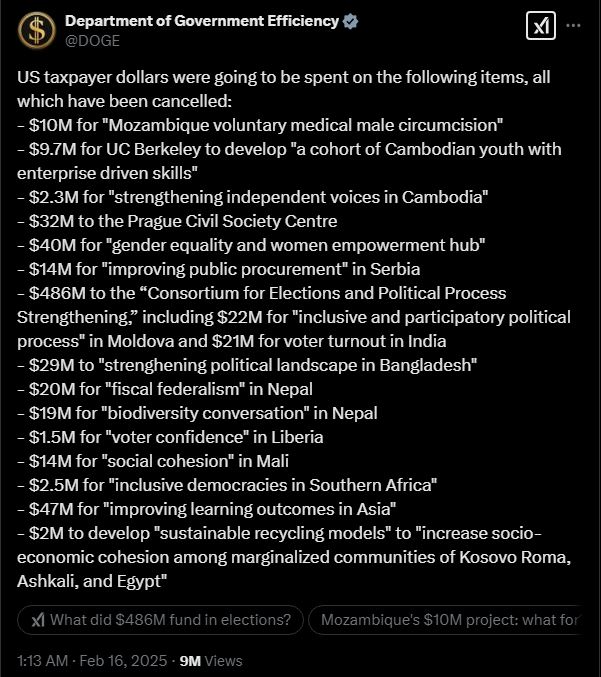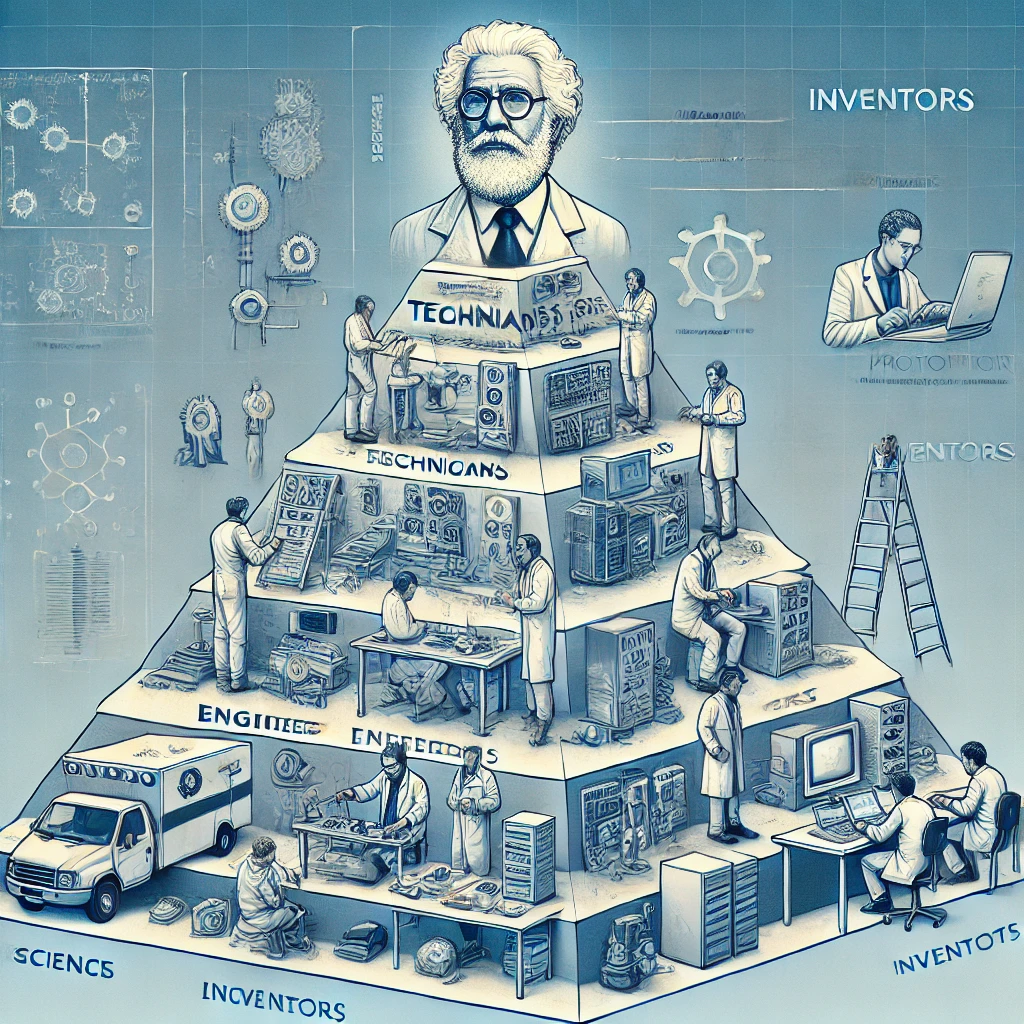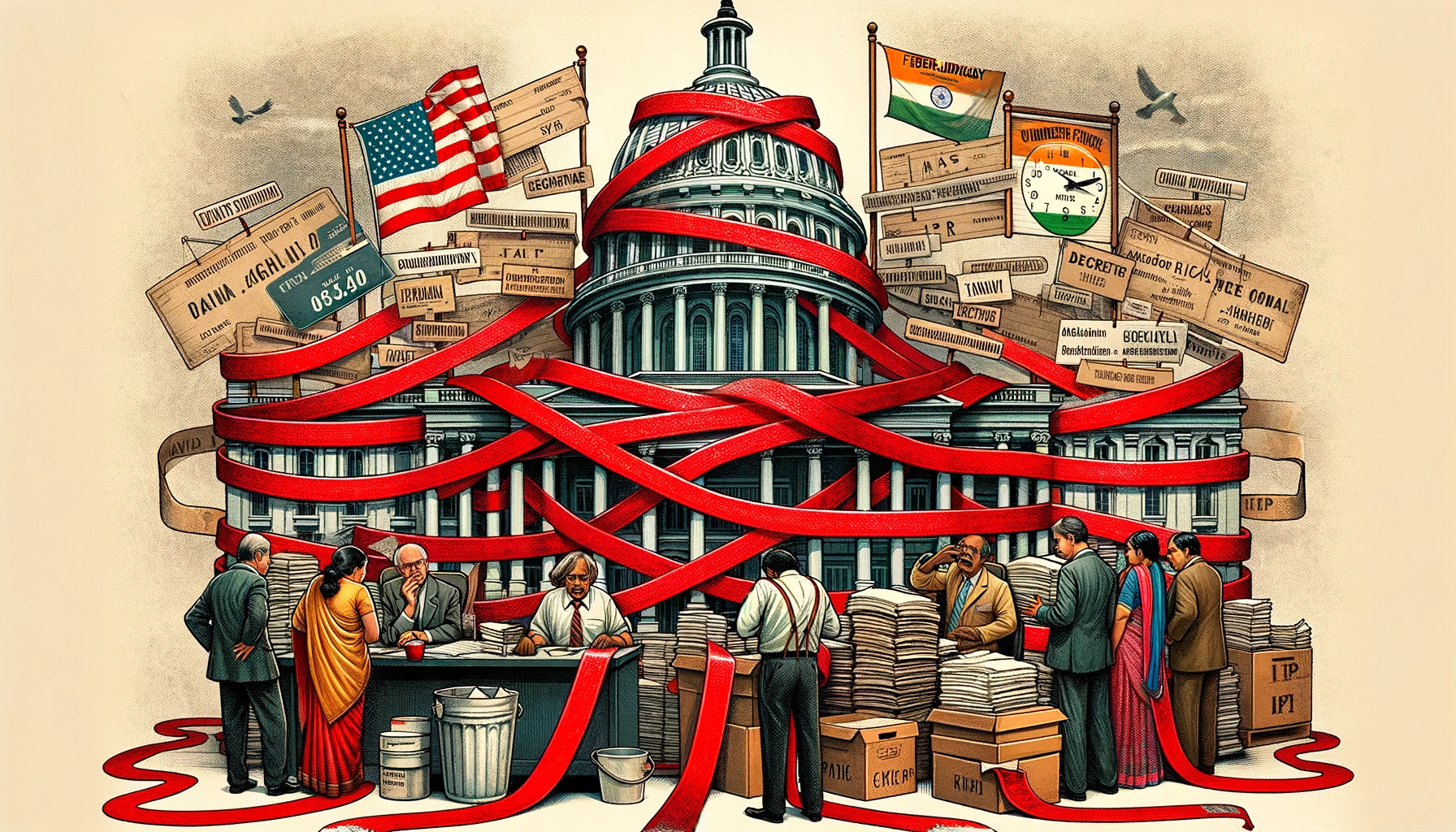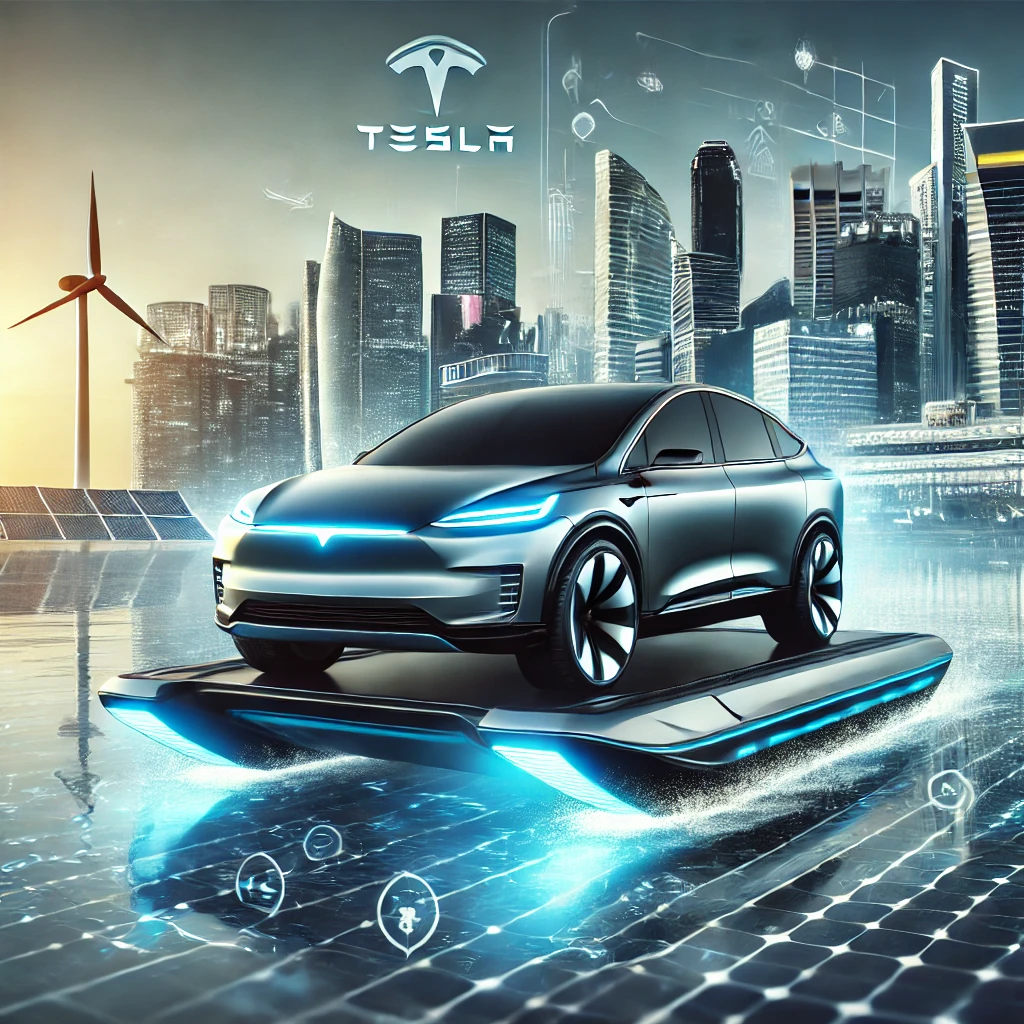 Legal Consultancy and Aid, now available
click here.
Legal Consultancy and Aid, now available
click here.

In a significant policy shift, the United States Department of Government Efficiency (DOGE), under the leadership of Elon Musk, has announced the cancellation of a $21 million grant intended to influence voter turnout in India. This grant was part of a larger $486 million budget allocated to the "Consortium for Elections and Political Process Strengthening." The move has sparked a range of reactions, particularly from India's Bharatiya Janata Party (BJP), which labeled the now-canceled funding as "external interference" in India's electoral process. In a related development, President Donald Trump has proposed a trilateral meeting with the leaders of Russia and China to discuss a potential 50% reduction in defense spending. Speaking to reporters in the Oval Office, Trump emphasized the need to redirect funds from military budgets to more productive uses, stating, "One of the first meetings I want to have is with President Xi of China, President Putin of Russia. And I want to say, 'let's cut our military budget in half.' And we can do that. And I think we'll be able to do it." Analysis- The cancellation of the $21 million grant by DOGE reflects a broader reevaluation of U.S. involvement in foreign electoral processes. Elon Musk's leadership appears to prioritize domestic efficiency and a reduction in overseas expenditures, especially those perceived as interfering in other nations' sovereignty. This decision aligns with sentiments expressed by BJP leaders, who have previously voiced concerns over foreign influence in India's elections. For instance, BJP's IT department head, Amit Malviya, has highlighted instances of international organizations' involvement in India's electoral processes, suggesting a pattern of external attempts to influence domestic affairs. On the defense front, President Trump's proposal for a trilateral meeting aims to address the escalating arms race among the world's leading military powers. The United States' defense budget stands at approximately $716 billion, while China's and Russia's are estimated at $293 billion and $66 billion, respectively. A coordinated 50% reduction would signify a monumental shift in global military dynamics. However, achieving such an agreement faces significant challenges, including mutual distrust and differing geopolitical interests. China has previously indicated that the U.S. and Russia must first reduce their larger arsenals before other nuclear-armed states consider disarmament efforts. Conclusion- The recent actions by the U.S. government, under the guidance of Elon Musk and President Trump, suggest a strategic pivot towards reducing international interventions and focusing on domestic priorities. The cancellation of foreign electoral funding and the proposal to halve defense budgets indicate a desire to reshape the U.S.'s role on the global stage. The success of these initiatives largely depends on the responses from other major global players, particularly Russia and China. Their willingness to engage in defense spending reductions and respect national sovereignties will be crucial in determining the effectiveness of this diplomatic strategy. Whether these moves are viewed as masterstrokes of diplomacy or naive oversteps remains to be seen, as the international community closely monitors the unfolding developments.
Self, X, NDTV,OPEN-AI ChatGPT

Starlink, SpaceX's satellite-based internet service, aims to provide high-speed connectivity across the globe, including underserved regions. In India, where internet infrastructure in rural and remote areas remains underdeveloped, Starlink could bridge the digital divide. Its satellite technology offers expansive coverage without the need for extensive ground infrastructure, making it a viable option for remote locations. Affordability is a key consideration for the Indian middle class. While traditional broadband services like Jio Fiber dominate urban markets with competitive pricing, extending these services to rural areas poses challenges. Starlink's ability to provide consistent data rates and wide coverage could offer a compelling alternative, especially if pricing strategies are tailored to the Indian market. Competition with Established ISPs- Reliance Jio, a major player in India's ISP sector, has revolutionized internet access with affordable plans and widespread coverage. However, its reach in remote areas is still limited due to infrastructure constraints. Starlink's satellite-based model circumvents these challenges, potentially offering high-speed internet where traditional ISPs cannot. This could intensify competition, prompting service providers like Jio to innovate and possibly reevaluate their pricing structures. Geopolitical Considerations- Elon Musk's increasing involvement in global markets and his advisory role in the U.S. government have raised questions about potential geopolitical implications. His recent engagements, including discussions with Prime Minister Modi, indicate a strategic interest in expanding operations in India. While this could lead to technological advancements and increased investment, it also necessitates careful navigation of international relations and domestic policies to ensure mutual benefits. In conclusion, Elon Musk's meeting with Prime Minister Modi underscores a mutual interest in leveraging technology to drive progress. The prospective entry of Tesla, Starlink, and SpaceX into India holds promise for enhancing connectivity, fostering innovation, and stimulating economic growth. However, it also presents challenges that require strategic planning and collaboration between stakeholders to ensure sustainable and inclusive development.
Self, apnews.com, reuters.com

Many people believe practical skills alone are enough, but real progress happens when practical work is combined with reasoning. In technology and science, knowledge flows in a structured way, from technicians who assemble and repair things to scientists who discover the fundamental laws of nature. **Technicians** are hands-on workers who follow instructions to assemble, repair, and maintain machines, like a mobile repairman replacing a phone screen without understanding circuit design. **Engineers** apply scientific principles to design, improve, and troubleshoot technology, such as an electronics engineer designing a phone’s motherboard. **Inventors** combine engineering and creativity to develop new devices or processes, like the inventor of the touchscreen who transformed mobile interaction. **Scientists** explore fundamental principles that drive future technology, such as a physicist discovering new materials for faster processors. A technician can assemble a device, but if it fails, he struggles—whereas an engineer can fix it, an inventor can improve it, and a scientist can revolutionize it. The most practical people are those who not only "do" but also understand "why"—which is why engineers and scientists lead the way in innovation. The one who knows and understands "why" or the whole reason behind is always at the top and thus leader of that field such as scientists are leaders in science and technical field. Therefore, to progress in life one has to clearly understand and focus on "why" more than "how" although "how" is very important.
Self

Bureaucracy is meant to serve the people, but when it grows too big, it becomes a burden. In the USA, Elon Musk and Donald Trump have pointed out large-scale inefficiencies and corruption in federal jobs and USAID. These problems make simple tasks take years, wasting taxpayer money and slowing down progress. This is not just an American issue. India has long suffered from what can be called a "Bureaucracy Raj," especially in defense services. Delays in decision-making have caused major losses. By the time a weapon or technology is approved, it is already outdated. This weakens national security and puts the country at risk. Democracy should work like a feedback loop, just like a PID algorithm in engineering. The people should constantly check and correct the system. But if the government does not listen and only holds elections without making real changes, it becomes an autocracy in disguise. Red tape is a silent killer of progress. If countries want to grow, they must cut unnecessary delays and bring in fast, transparent decision-making. Otherwise, the bureaucracy will keep ruling, and the people will keep suffering. Elon Musk sees this is because a common-sensical approach rooted in reason, science and technology, hence reasoning is essential for all.
Self

Electric Vehicles(EV) based cars like Tesla and BYD are revolutionizing transportation, replacing fuel engines with electric motors. Instead of burning petrol, these cars use batteries to supply electricity, making them eco-friendly and high-performance. When current flows through an electric motor, it creates a magnetic force that spins the motor, just like a fan or pump. In EVs, this rotation is transferred to the wheels through a transmission system. High-voltage traction motors produce immense power and torque, ensuring rapid acceleration. BYD even introduced an amphibious SUV that can sail on water! While battery costs remain high, advancements will soon make EVs more affordable. In India, EV brands include Tata, Mahindra, MG, Ather, and Ola Electric. The FAME scheme offers a subsidy of up to ₹10,000 per kWh for EVs. The FAME 3 scheme offers incentives for EV buyers and supports charging infrastructure. The FAME India Scheme Phase-II offered a subsidy of up to 40% of the ex-factory price of an EV. There are many benefits of EV system like zero pollution, high end performance, low maintenance, a more robust, durable system. The growing solar panel generator systems in India and the beyond also guarantees ample amount of electricity availiblity for charging these EV's. To conclude our dialogue, we would like to say that EV is the future of automobile industry and worth acquiring.
Self